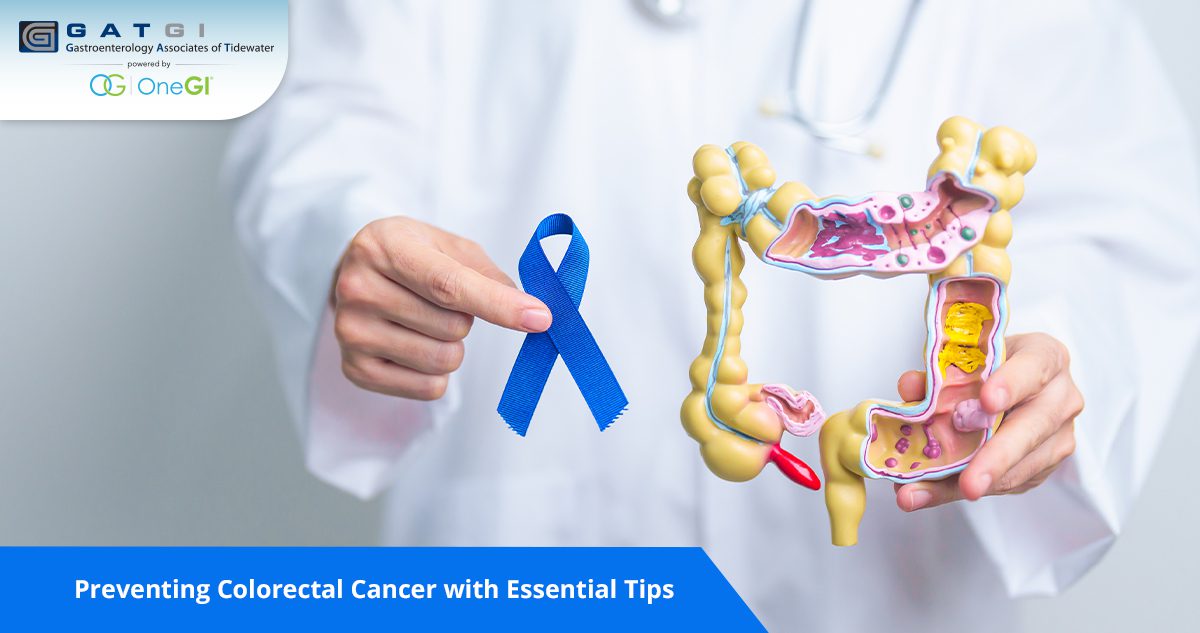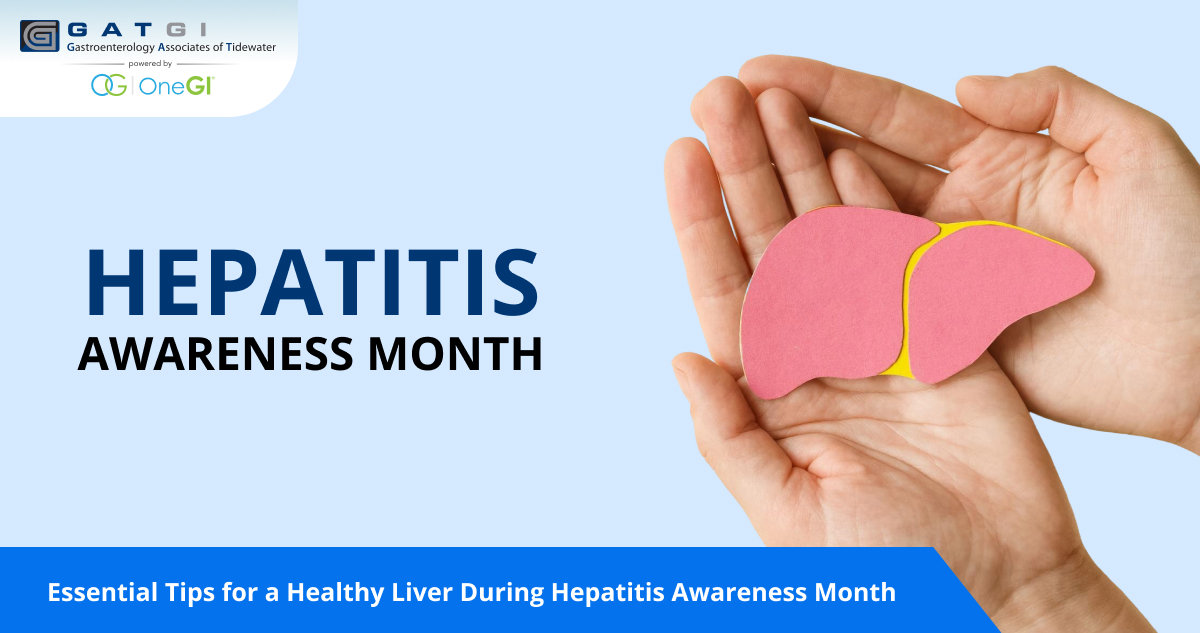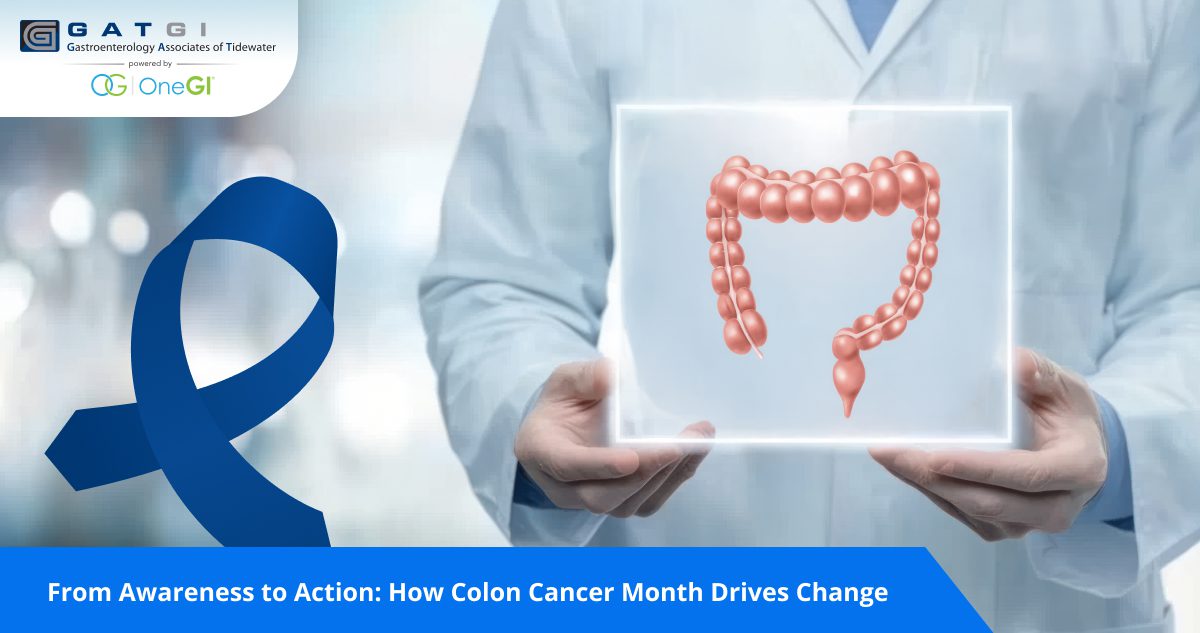Colon cancer is a serious concern for many adults, but many don’t realize that it often grows slowly. By the time symptoms occur, it’s often too late. Understanding colon cancer prevention and early detection is crucial. This post aims to provide valuable tips on reducing the risk of colorectal cancer. Our target audience includes health enthusiasts and individuals keen on maintaining their health.
Understanding Colorectal Cancer
Colorectal cancer develops in the colon or rectum. It often starts as a polyp, which can become cancerous over time. A polyp is a small growth that forms on the lining of certain organs, such as the colon. While often benign, some types can develop into cancer over time. Awareness and early action are key.
Identifying Risk Factors
Understanding the various risk factors associated with colorectal cancer is essential in learning how to prevent colon cancer effectively.
Several risk factors can increase the likelihood of developing colorectal cancer. Age is an important factor, but cases of colon cancer are increasingly being diagnosed in younger individuals as well. Family history also plays a role. A diet high in processed meats and low in fiber is another risk. Lifestyle choices such as smoking and excessive alcohol use contribute as well.
Essential Prevention Tips
Preventing colorectal cancer involves lifestyle changes and regular health checks. Here’s a guide to reducing your risk:
- Know your family history. Discuss it with your doctor.
- Eat a healthy diet rich in fruits, vegetables, and whole grains.
- Limit red and processed meat consumption.
- Quit smoking and reduce alcohol intake.
- Stay active. Aim for at least 30 minutes of exercise most days.
Diet and Nutrition for Prevention
A healthy diet is vital in prevention. Focus on plant-based foods, which are rich in fiber. Fiber aids digestion and helps remove waste from the body. Foods to include:
- Plenty of leafy greens, like spinach and kale.
- Whole grains, such as oats and brown rice.
- Legumes, like beans and lentils.
- Nuts and seeds for added nutrition.
- Avoid high-fat and processed foods. They can increase the risk of colorectal cancer.
Importance of Physical Activity
Regular physical activity lowers the risk of colorectal cancer, helps maintain a healthy weight, and improves overall health. Incorporate activities like walking, cycling, or swimming into your routine. Even small changes, like taking the stairs, can make a difference.
Significance of Regular Screening
Regular screening is crucial for the early detection of colon cancer, especially if you’re over 45 or have a family history. A colonoscopy, the gold standard in screening, involves a board-certified gastroenterologist using a long, flexible tube with a tiny camera to examine the colon and rectum. This procedure allows for the identification and removal of precancerous polyps and assessment of abnormal areas. Typically lasting 30 minutes to an hour under sedation for comfort, regular colonoscopies not only aid in early detection but also reduce the incidence of colorectal cancer by eliminating potential threats before they develop into malignancies.
While various gastroenterology tests and procedures, such as fecal immunochemical tests (FIT) or stool DNA tests, are available as alternatives for those unable to undergo a colonoscopy, it’s important to consult your healthcare provider to determine the best option for you.
Schedule Your Screening Today
Taking preventive measures against colorectal cancer can save lives. We encourage you to take the next important step in your health journey. Schedule a colonoscopy with the experienced team at Gastroenterology Associates of Tidewater. Their skilled GI professionals in Chesapeake and Virginia Beach are dedicated to providing comprehensive care tailored to your needs.
Convenient Scheduling with Open Access
At Gastroenterology Associates of Tidewater, we understand the importance of easy access to healthcare services. That’s why we’ve introduced our Open Access program, designed to streamline the process of scheduling colonoscopy appointments without the need for an initial office visit. This approach saves time and makes it simpler for patients to undergo essential screenings. To qualify, patients must meet specific medical criteria, which our staff will review with you to ensure eligibility. Open Access aims to provide a convenient, patient-centered experience, emphasizing our commitment to your health and well-being. For more information and to see if you qualify, visit this website page or call (757) 547-0798.
Colorectal cancer is highly treatable and curable when detected early, underscoring the importance of regular screenings and lifestyle changes for prevention. By incorporating a healthy diet, regular physical activity, and understanding personal risk factors, individuals can significantly reduce their risk and improve early detection outcomes.






